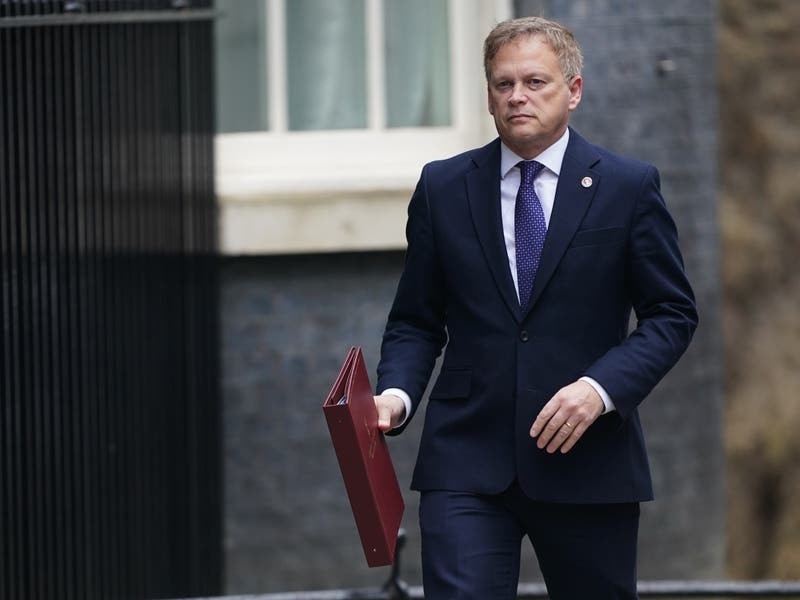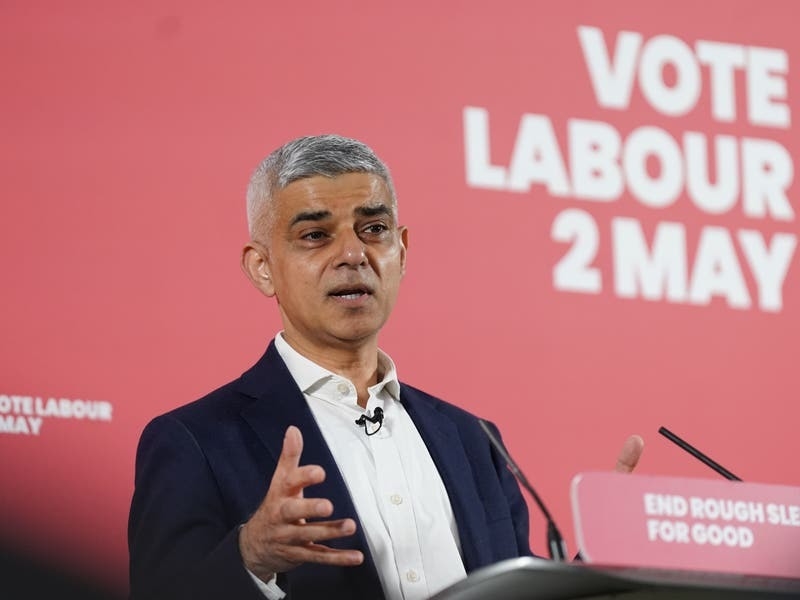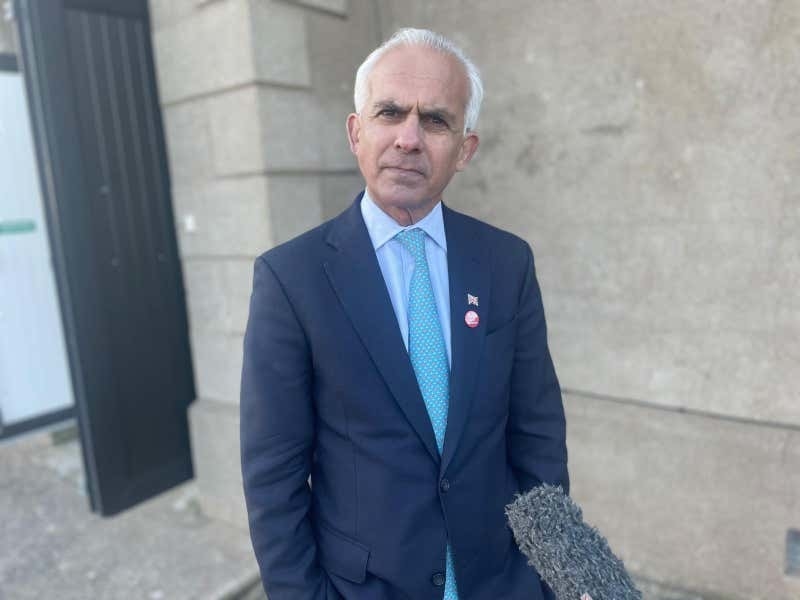The last couple of weeks have been full-on in terms of political happenings. As if the US election wasn’t enough of an event to keep tabs on, Jersey had its own political crisis to navigate through. We have lost some important ministers and a reshuffle is probably on the cards but now we know at least one thing – the government has the support of the Assembly and a lot to get on with from Brexit and the Island Plan to the Population Policy.
This support, rightly or wrongly, is at odds with public opinion and this is the topic I would like to focus on because herein lies a big problem with modern-day democracy.
Although I don’t normally like to conflate the two things, we saw this happen in the US elections of 2016 and in the Brexit referendum.
I was living in the south of England in 2016 and, in the run-up to the Brexit referendum, most of my middle-class, cosmopolitan friends had no concept of what was about to happen. From conversations with them before the referendum, there was no way the result would be to leave the EU. They were convinced that common sense would prevail.
Of course, what they didn’t realise was that what they thought to be ‘common sense’ was not common at all. There was no consensus.
The morning after the result, I literally saw people crying in the street. They were perplexed and, truth be told, ashamed. Then we started to hear people accuse the Leave camp of lying and cheating – in their minds, the only way anyone could have voted to leave was by mistake. The others, the ones who didn’t do it by mistake, were ignorant, racist, evil or a combination of the three.
There was very little introspection. The divisions that existed in 2016 persist now. Their idea of what ‘common sense’ is prevails.
The 2016 US election was similar. No one in their right mind would vote for Trump; he was literally the joke candidate.
My husband and I were on holiday in the US in October 2016 and struck up a conversation with two university-educated, middle-class executives from Texas who told us that they were not even going to bother voting because they were disappointed with the calibre of candidates. ‘Is this the best we can do?’ they asked. I told them at the time I thought that was insane, and that surely they would vote just to make sure they had some control about who got in. They weren’t bothered. I now think they might have voted after all; they just weren’t saying it out loud.
Still, now, I have friends who don’t get what happened. Still, now, I have friends who speak about both events as is their choice of outcome is the correct one. Pre-Covid, when we still had dinner parties, they would speak about Brexit as if everyone around the table had voted in the same way. Sometimes, you could see one person wince. Hardly ever did they say anything. Common sense.
Trump was a huge surprise to me, I’ve never lived in America and I don’t have many American friends; the ones I do have live in New York and Los Angeles. I have no inside knowledge of what it is like to be a mid-America American.
But I knew Brexit could have gone either way. I knew this because I have done door-knocking in the working-class neighbourhoods of Brighton. I knew it because I know poor working-class people. I knew it because I have friends that grew up in the north of the country and in south London. I knew it because I have visited Hastings and Margate.
I’m not a polling expert, I’m just a person who likes to chat to people and who likes to listen to what people say. I have my own preconceptions, of course, but perhaps because I am foreign, I have had to learn to make a real effort to learn about the culture of a place. Perhaps because of being foreign I had to shed my ‘common sense’ and look for what is common sense around me. I don’t know.
What I do know is that I see similar issues here.
I see huge differences of opinion between those who are well-off and those who struggle to make ends meet; between those who own a house and those who rent; between Entitled and those with no housing quals; between ten-generation Jersey people and those who are more recent arrivals; and, more alarmingly, between politicians and the electorate.
Some are calling out for electoral reform; I honestly don’t think that will make a jot of difference. We need to increase diversity of representation, yes, but having more people representing St Helier won’t make any difference if those people are not truly in touch with their electorate. In my opinion, electoral reform is just another way of chopping and changing to sway things in the direction you want.
There is a fundamental problem with modern democracy that we need to face. We need to understand the different roles we all play and stop pretending that we are all one big happy island with the same points of view – the same common sense.
We elect representatives, thinking they are there to represent us, but this is not the case. The argument around representation is the biggest lie we’ve told ourselves when it comes to democracy.
When we vote, we are not electing a representative, we are electing a person to make decisions on our behalf. A person who will do what they think is best. A person who will use their common sense to make decisions. Some (or a lot) of those decisions will not be representative of what we individually think.
We never talk about this because it’s easier to say on the doorstep that ‘I will represent your views’ than it is to say that ‘I will make decisions for you’. We never talk about this because, reading between the lines, what they are saying is that they know better than us.
And, reader, sometimes they do. They know what is at stake, we don’t. We can’t know everything that goes on all the time. We haven’t got the time, we have bills to pay, jobs to do and children to tend to. That’s what we pay them for. We pay them to know. We pay them to make decisions for us.
We, the public, behave a bit like football fans. Everyone is a manager from the side lines.
There is huge division in our society, and we need to do something about it. The price of just carrying on as normal is too high. A divided electorate can deliver strange results but an angry electorate can cause real damage.
Low turnouts or voter apathy are the first signs that we have a problem. And we certainly have this problem here. People are not voting, politicians are sometimes elected unopposed or with very small margins, which are hardly mandates that shout: ‘We choose you to make decisions for us.’
I think we should take this opportunity to make some changes to bridge the gap between what the public think and what politicians do. We need to work as a society by taking responsibility to reach out and understand the challenges some people are facing, by stepping out of our group and listening to the other side. Small positive change is always better than big upheaval. We have been warned.






